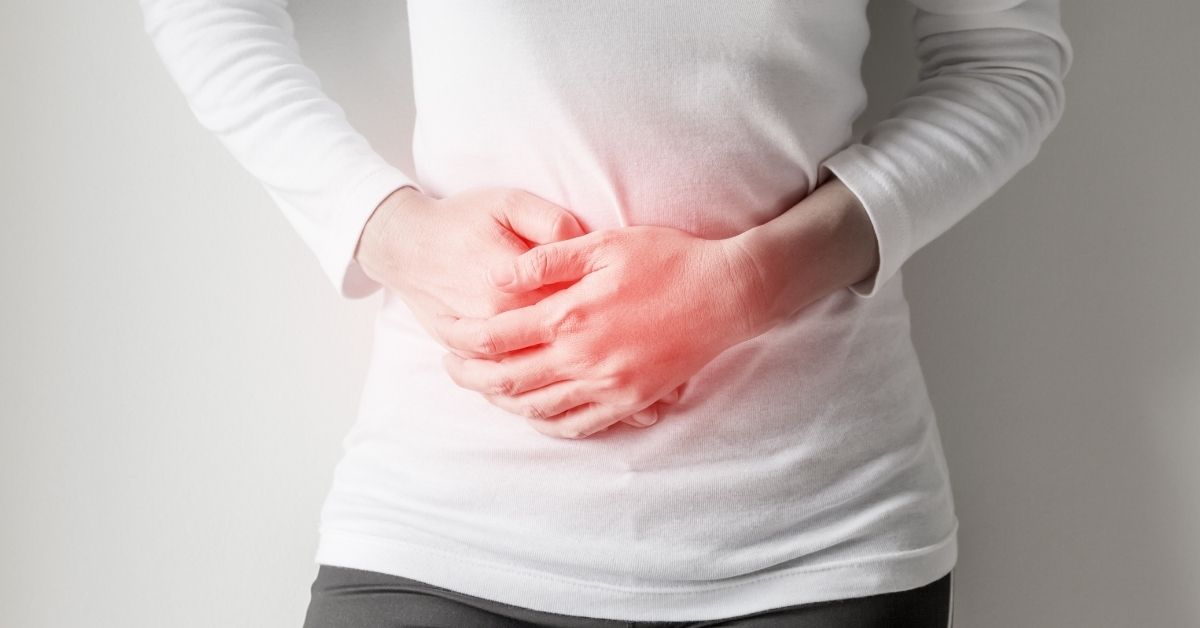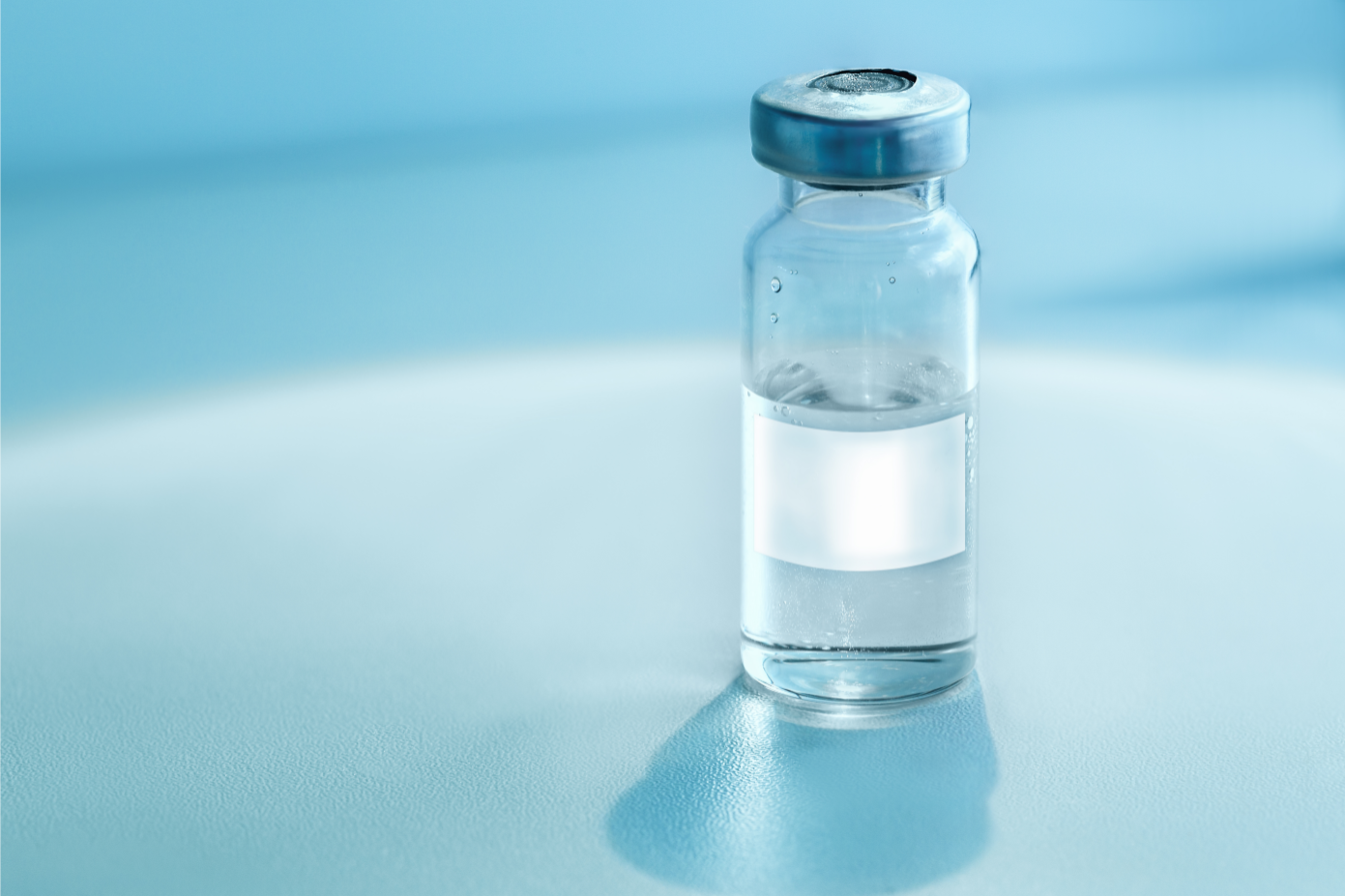Bloating is one thing, but for women with endometriosis, endo belly is an entirely more serious issue. Endo belly is not a medical term; instead, it’s a term that is used to describe the bloating that endometriosis suffers have to deal with. This bloating is believed to be caused by gastrointestinal issues common with endometriosis and other issues, including fibroids, cysts, and inflammation. By reading on, you can learn more about endo belly and how you can treat this problem.
Symptoms of Endo Belly
Abdominal bloating is typically the most common symptom with endo belly. This bloating results from the lower abdomen swelling up with air or gas. As this happens, the abdomen looks more significant than it may typically look. It might also feel swollen and tight. You will likely experience endo belly before or during your period. It can last only a few hours, or it could potentially last a few weeks.
Endo belly is just one visible sign of endometriosis, but there are other signs that you may experience that are less visible. These symptoms include:
- Bloating
- Cramps
- Gas pains
- Constipation
- Diarrhea
What Does Endo Belly Feel Like?
This type of bloating can be excruciating and will be firm to the touch. Some people have endo belly that is so significant that their belly looks like they are pregnant. This condition can be very distressing, both physically and emotionally. Fortunately, you can look into remedies and treatment options to help you better cope with this condition.
Endo Belly vs. Bloating
The most significant difference between endo belly and bloating is that regular bloating is a short-term problem that can be experienced throughout your cycle, particularly around your period. Endo belly is a much more severe version of bloating that can impact your emotional, physical, and mental health.
What causes endo belly? When someone has endometriosis, the endometrial-like tissue that’s found in places outside of the uterus will start acting as endometrium does. It will build up to a specific point, then break down just as the lining in the uterus does. The difference is that this tissue outside of the uterus doesn’t have anywhere to go when it sheds, so it gets trapped in the body. This causes the tissue around it to become irritated and inflamed, creating scar tissue. This tissue builds up and can lead to the bloating known as bloating belly.
Treatment for Endo Belly
There are different treatment options to consider for this condition. This section will look at the various treatment options you can discuss with your doctor. It’s important to talk about this problem with your doctor to get the relief you need to regain control of your life.
Home Remedies
You can use some self-care options on your own or as part of an overall treatment plan to ensure you get the relief you need. A few home remedy options that you can try include:
- Follow a low FODMAP diet, avoiding high FODMAP foods like dairy, wheat, and other foods to reduce gas and bloating.
- Try an anti-inflammatory diet that excludes foods like red meat, processed foods, alcohol, dairy, gluten, and caffeine.
- Drink ginger or peppermint tea to ease any digestive issues and pain.
- Increase your intake of fiber to prevent constipation.
Pain Relief Medication
If you are experiencing pain, you can talk to a doctor. They will point out a suitable OTC pain medication like an NSAID that can help you with your pain. Your doctor may prescribe stronger pain medication if you need something more.
Hormonal Medications
Hormonal medications can either supplement or completely stop hormones, which can be an excellent tool for slowing down the growth of endometriosis-like tissue and could potentially stop new adhesions and scar tissue from developing. Options in this category include:
- Birth control pills to aid in regulating changes in monthly hormones.
- Progesterone and progestin can stop periods, prevent endometrial-like tissue from growing, and reduce the size of any existing lesions.
- Androgens stop hormone production for those hormones related to your menstrual cycles.
- Gonadotropin-releasing hormone (GnRH) antagonist can put your body into a menopausal state that can stop menstruation, hormone production, and tissue growth.
These are the most common options available to you. Your doctor can offer you valuable advice on which option will work best for your situation.
Surgery
You do have surgical options that you can also consider. Surgeries like a hysterectomy and laparoscopy are options to prevent or alleviate endometriosis and endo belly problems. A laparoscopy is a minimally invasive surgery the surgeon will perform to remove any of the formed endometriosis patches. A hysterectomy is where the surgeon removes the uterus. The surgeon may also remove the ovaries to increase the likelihood of removing all of the endometriosis patches.
Surgeons are reluctant to perform hysterectomies, reserving this surgery for only certain circumstances. If someone has untreatable endometriosis pain and you don’t intend to become pregnant, the surgeon will perform this surgery.
Conclusion
Endo belly is a common issue that people with endometriosis may suffer from. The good news is that there are different options to help you treat this condition so that you can take control of your life. This is an uncomfortable problem that can not only impact how you feel physically but also how you look. People may feel self-conscious about how they look with endo belly, especially when it can be as bloated as a pregnant belly in more severe cases. If you have any concerns about the endo belly that you are experiencing, you should be sure to contact your medical professional to start treatment right away.
Are you interested in learning more about beneficial hormone treatments? Contact EVOLVE patient care to get started!






